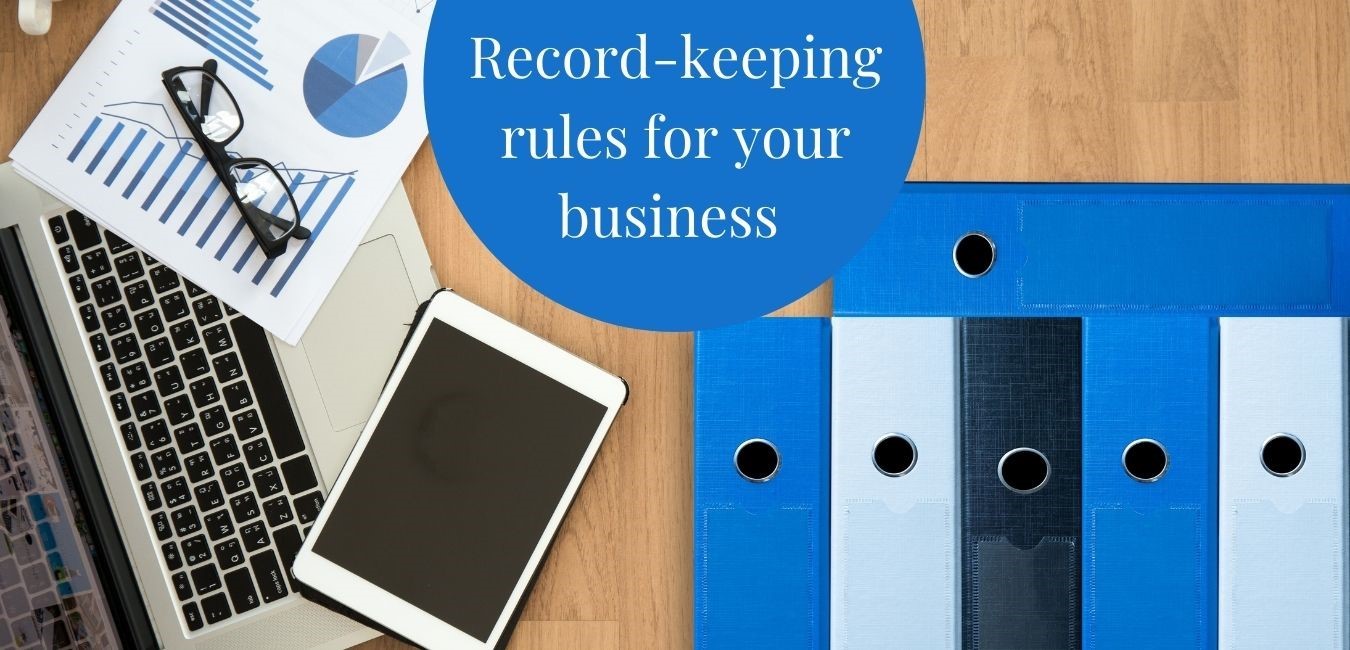Record-keeping is a must for every business. No matter how much tricky it gets, you must keep the records for all business transactions whenever you start, run, sell or change your business. As part of record-keeping, you should keep:
- All the documents relating to the business’s income and expenses.
- Documents should comprise of election, choice, estimation, determination, and calculation that you have made for tax and superannuation affairs for your business. The document should also mention that how these estimations and calculations have been made.
You can take help from a registered tax agent or your BAS agent for any help to avoid legal and financial consequences due to non-compliance.
What are the records of a business transaction?
A record or business record is nothing but a document explaining tax and super–affairs related transactions that happened as a part of your business activity. It should generally comprise of the following information:
- Date, amount, character, GST information for the transaction.
- Purpose or the relevance of the transaction to the business.
- Relevant relationship between parties to the transactions.
Top record-keeping rules that to follow as a business owner!
Here are the top five record-keeping rules that you need to follow as per the law and ATO’ view:
- The record-keeping document should include all the transactions related to starting, running, changing, selling, or closing of the business as the incidents are relevant to your taxation and super affairs.
- You should ensure that the relevant information in your transaction records is not changed anyway while it passes through the record-keeping system. Also, it must be stored in a way that information is properly protected since ATO can ask what safeguards you have in place. You should be able to reconstruct the original data if your record-keeping system has changed over time.
- You need to ensure that all the records are kept for at least five years. There are some records that you may need to keep for more than five years including the period of review for an assessment.
- If ATO asks you to show your business records, you should be able to do the same.
- The record documents for your business should be in plain English or easily convertible to English.
Why record keeping is important?
Accurate and proper record keeping can help you in reaping out following benefits:
- You can easily keep an eye on the financial soundness of your business.
- You can base your business decisions on these records which is the most logical way to do so.
- You can monitor your cash flow; avoid non-compliant penalties.
- You can present your financial position prepared based on records to different stakeholders.
- You can easily file your tax returns to meet your super and employer obligations etc.
- You can easily meet the Audit requirement laid down by ATO.
These were some rules that you can follow to ensure efficient record keeping.

